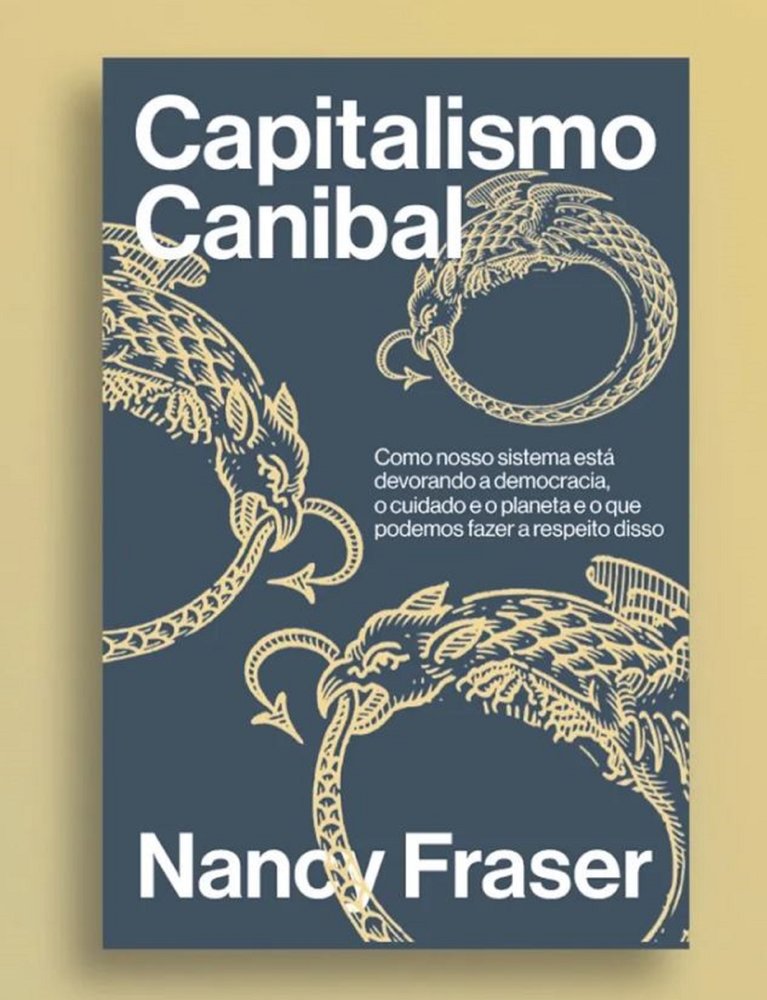O capital está destruindo todas as esferas da vida, consumindo a riqueza da natureza, aprofundando o racismo, sugando a nossa capacidade de cuidar uns dos outros e destruindo a prática política. Nesta análise deslumbrante, a importante teórica Nancy Fraser descreve como o apetite voraz do capital está destruindo o planeta, desenvolvendo uma teoria do "capitalismo do século XXI". Com muitos detalhes, Fraser apresenta uma noção ampliada do capital como uma forma de sociedade e revela os ingredientes extra-econômicos que possibilitam a sua expansão.Canibalizando áreas inteiras e formas de riqueza que são condições prévias essenciais para o desenvolvimento e funcionamento do capitalismo - como riquezas expropriadas da natureza (ar respirável, terras aráveis e água potável) e dos povos subjugados; múltiplas formas de cuidado, subvalorizadas (se não totalmente negadas) e geralmente realizadas por mulheres; bens e poderes públicos que fornecem infra-estruturas materiais e jurídicas de que o capital necessita para funcionar - nosso sistema devora a democracia, o cuidado e o planeta constituindo uma série de conflitos que até agora pareciam estar isolados. Se quisermos acabar com o capitalismo canibal, temos de superar o reducionismo econômico e construir uma visão ampliada do socialismo, sem repetir as experiências que falharam no século XX. Pode parecer uma tarefa difícil, mas é a nossa única esperança. Essa agenda e o seu roteiro são a alma deste livro que já nasce urgente e essencial.


